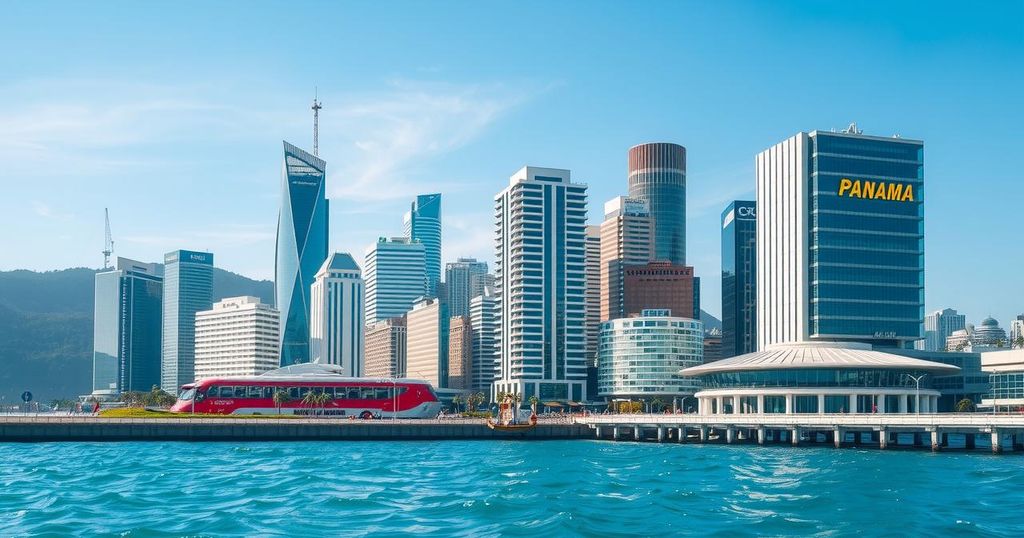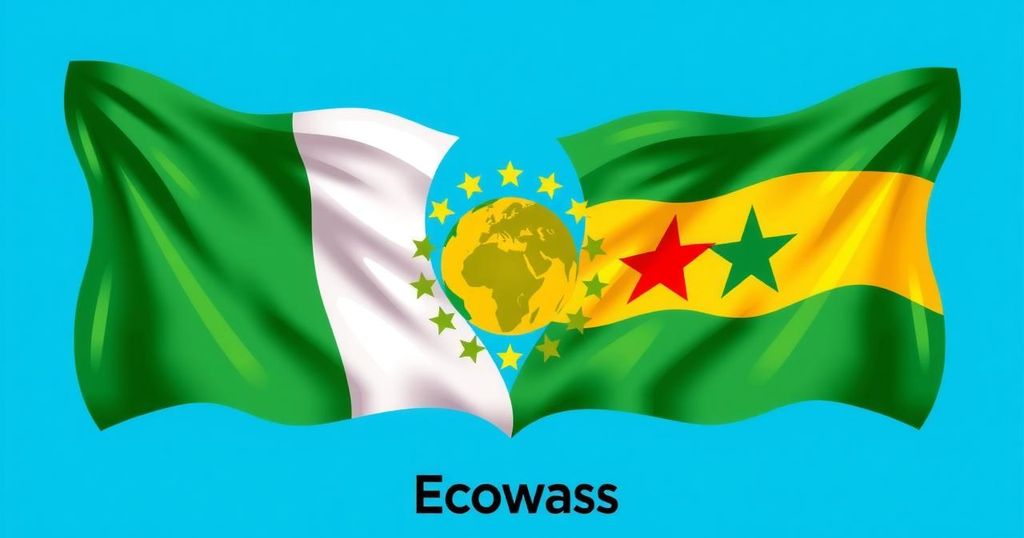Rubio Praises Panama’s Exit from Chinese Infrastructure Initiative
Marco Rubio commended Panama for deciding to let its participation in China’s Belt and Road Initiative expire, characterizing it as beneficial for US-Panama relations. Panama’s agreement, which may conclude pre-term, reflects a strategic shift away from Chinese influence. The US has expressed concerns over Chinese operations near the Panama Canal, urging a reevaluation of concessions linked to these projects.
United States Secretary of State Marco Rubio has expressed approval for Panama’s recent decision to allow its participation in China’s Belt and Road Initiative (BRI) to lapse, deeming it a significant advancement for US-Panama relations. This decision is perceived as a strategic distancing from Beijing’s influence, aligning with Washington’s view that the BRI serves as a tool of “debt trap diplomacy” to expand China’s global reach.
During his initial overseas visit in his capacity as the top US diplomat under President Donald Trump, Rubio reinforced US concerns about Panama’s engagement with China. Following discussions with Panama’s President José Raúl Mulino, it was confirmed that the existing agreement with China will not be renewed and may conclude ahead of its scheduled expiration in two to three years.
Rubio remarked on social media, stating, “Yesterday’s announcement by President @JoseRaulMulino that Panama will allow its participation in the CCP’s Belt and Road Initiative to expire is a great step forward for US-Panama relations.” Both countries aim to foster a free and prosperous Canal that benefits American interests. Meanwhile, China maintains that the BRI has positively influenced global development, despite facing criticism from partner nations.
Panama’s shift marks a crucial moment as it was the first Latin American country to endorse the BRI in late 2017, shortly after establishing diplomatic ties with China. The US government has voiced apprehension regarding Chinese companies operating near the Panama Canal, prompting discussions about the potential consequences of these operations on Panama’s neutrality.
Rubio has reiterated the importance of the US-Panama partnership, acknowledging President Mulino as a friend to the United States. The US State Department has indicated that Rubio’s visit could lead to advantageous outcomes. Analysts suggest that the ongoing audit of the Hong Kong-based CK Hutchison Holdings’ concession may reveal grounds for altering or terminating the agreement, permitting opportunities for American or European investments.
Panama’s choice to discontinue its engagement with the Belt and Road Initiative is underscored by ongoing geopolitical tensions between the United States and China. The BRI is perceived by many critics as a means for Beijing to increase its global influence through infrastructural investments, often leading to significant debt burdens for participating countries. The US has consistently urged its allies to reconsider their partnerships with Chinese firms, particularly in strategic locations such as the Panama Canal, emphasizing the need for maintaining national security and regional stability. Amidst these discussions, Panama’s strategic significance as an ally for the US in Latin America highlights the broader implications of its diplomatic decisions.
The decision by Panama to allow its participation in the Belt and Road Initiative to expire represents a noteworthy shift in its diplomatic posture, potentially enhancing its relations with the United States. As Panama explores the implications of this decision, the outcome of the ongoing audit of existing concessions may provide pathways to reform and improve collaborations with Western companies. This development reflects broader trends in Latin America regarding skepticism towards Chinese investments. Ultimately, it emphasizes the delicate balance of international relations in the region.
Original Source: www.theguardian.com








Post Comment